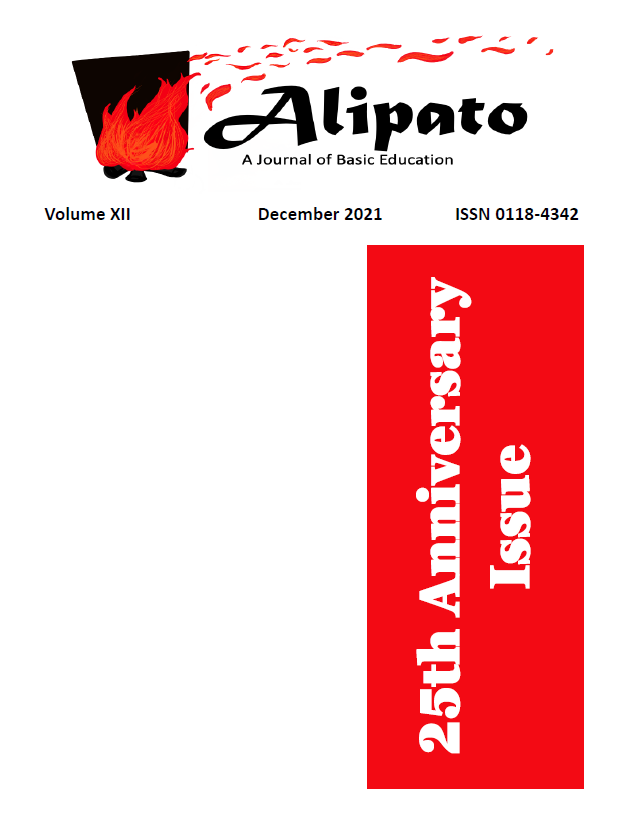Self-Efficacy and Performance in Mathematics of Science High School Students
Abstract
It is assumed that being in a competitive science
high school (SHS) affects the students' mathematics
self-efficacy (MSE) or their belief that they can
succeed in Mathematics. Low MSE may result in
poor mathematics performance (MP) and may lead
to students’ underperformance. This study aimed to
identify which sources of MSE contributed to the
MSE of 144 Grade 11 SHS students in the Philippines
and if there was a significant relationship between
MSE and MP, and if the former could predict the
latter.
A mixed-method approach was adopted using
statistical analysis by PLS-PM and thematic analysis
of semi-structured interviews with 23 students.
Findings showed that mastery and vicarious
experiences influenced the SHS students’ MSE but
there was no significant relationship between MSE
and MP. Mastery experiences (ME) and efforts in
learning math skills, not just MSE, were strong
predictors of MP.
It is recommended that teachers become aware of
the students’ efficacy threshold to experience
mastery through increasing difficulty. Collaborative
learning is essential to lessen negative vicarious
experiences.
Keywords: mathematics self-efficacy, sources of
mathematics self-efficacy, mathematics
performance, Science high school students


